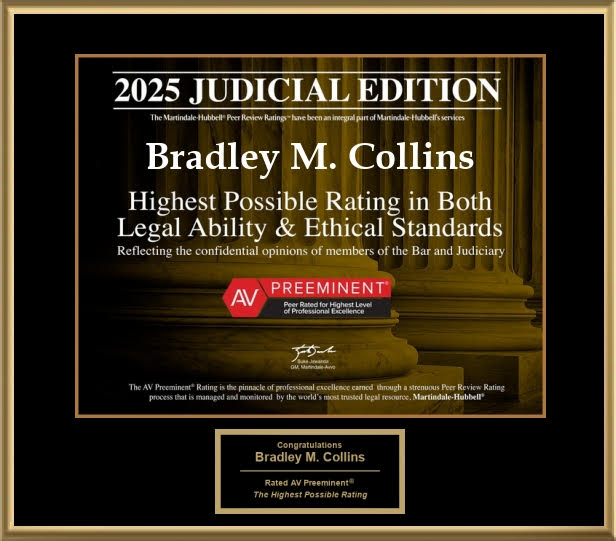SEARCH & SEIZURE

Where drug crimes are charged, it is important to understand your Constitutional rights regarding searches and seizures.
The Fourth Amendment to the U.S. Constitution protects against unreasonable searches and seizures by law enforcement.
This is particularly important in drug cases, where evidence seized plays the most important role in the prosecution's case.
Searches and seizures in drug cases often involve intrusive police action, including stops and frisks, entry into homes, personal files, safes, autos, luggage, body cavities and nearly anywhere law enforcement believes it may find evidence of wrongdoing.
However, law enforcement is subject to strict limits established by the U.S. Constitution.
Evidence seized in a search conducted without a valid search warrant, probable cause, or seized with a warrant found to be invalid or otherwise unlawful, may not be admissible in court and therefore end the prosecution of the case.
Bradley M. Collins P.A. has over 35 years of experience aggressively challenging the admissibility of drug evidence in court, finding the flaws in warrants, and seeking the suppression of evidence obtained as a result of illegal searches and seizures.
